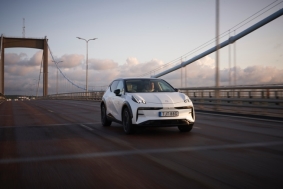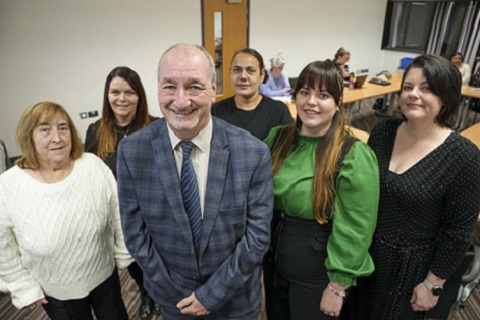On December 11-12, the capital of Kazakhstan hosted the VII meeting of the Astana Club, which brought together leading international experts to discuss pressing global issues.
During his traditional speech, the Club's chairman, former Kazakh President Nursultan Nazarbayev, stated the need for urgent actions to achieve international nuclear détente.
"In January of 2023 the Doomsday Clock was moved forward by 10 seconds - to 90 seconds to midnight,” he said.
“This means that we are closer to a nuclear catastrophe than ever before". Nazarbayev emphasized the special relevance of the Global Alliance of Leaders for Nuclear Security and Nuclear-Weapon-Free World (GAL), established by his initiative in 2019, bringing together 89 members from 45 countries, including former heads of states, Nobel laureates and prominent diplomats.
"Non-proliferation and disarmament challenges require the activation of all members in the anti-nuclear movement", former Kazakh leader stated. As a positive example in global nuclear disarmament, Nazarbayev cited the experience of Kazakhstan under his leadership.
"We are the first state to close nuclear testing at the world's largest test site Semipalatinsk, we also voluntarily gave up and destroyed the world's fourth largest nuclear arsenal", Nazarbayev reminded.
He also noted that in 2017 Kazakhstan established a Low Enriched Uranium (LEU) Bank under IAEA with a stock of 90 metric tons of low enriched uranium for those states who want to develop peaceful nuclear programs. Just recently on December 6, the 2nd meeting of the GAL Strategic Planning Group was held in Vienna (Austria).
During the meeting it was stressed that the use of nuclear weapons is becoming one of the realistic scenarios in the near future. In the context of the conflict in Ukraine, the consequences of a man-made disaster at the Zaporizhzhya power plant could be ten times more catastrophic than Chernobyl.
Therefore, today ensuring the safety of nuclear facilities in the zone of war conflicts require urgent joint efforts of all international community.












